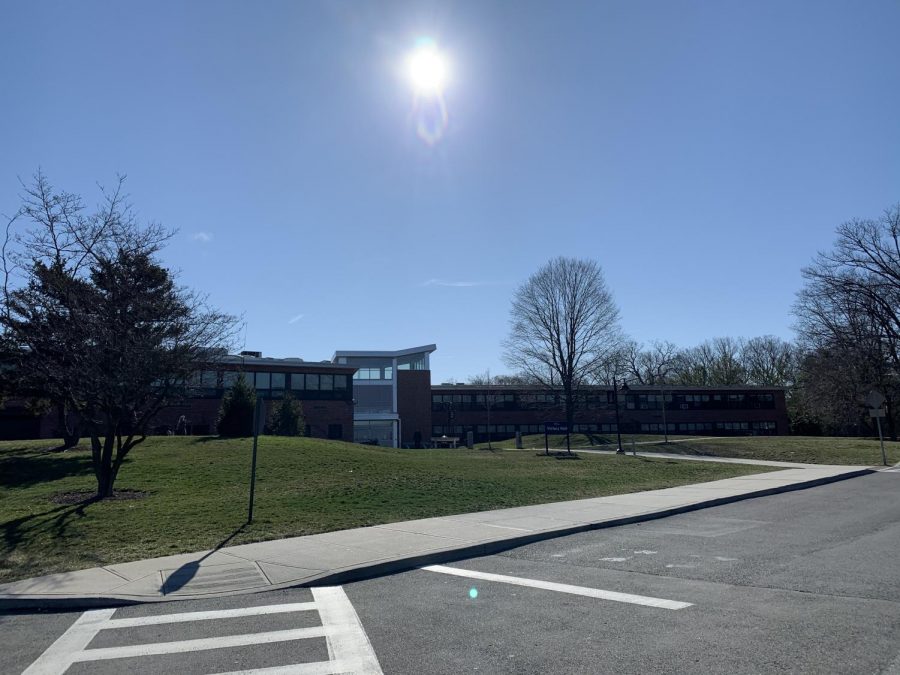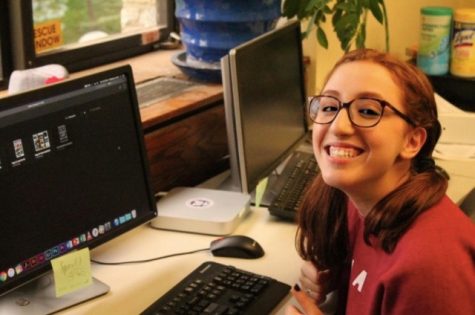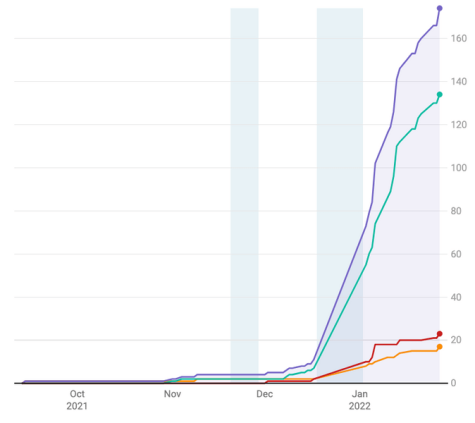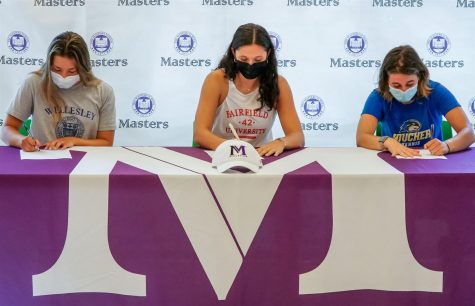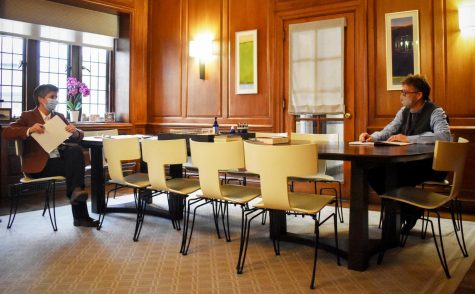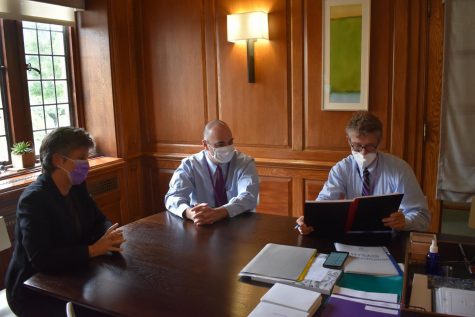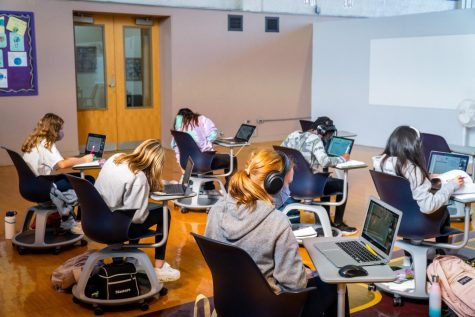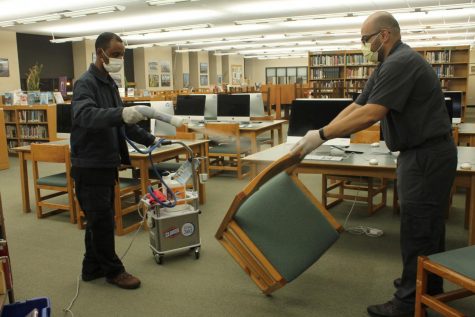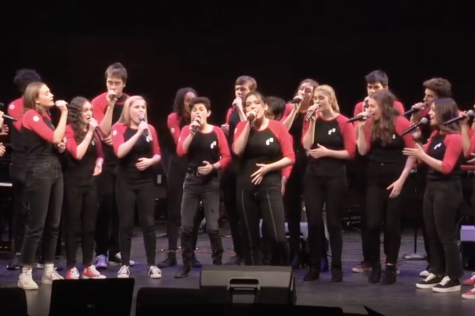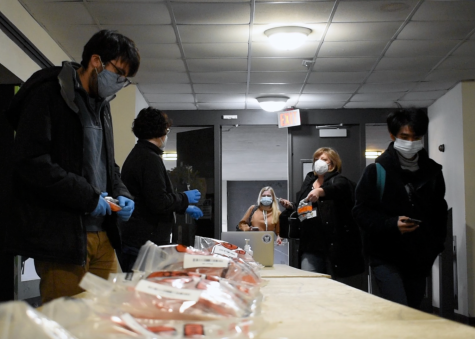COVID-19 complicates college search process
Mercy College closed its campus earlier this month in order to prevent the spreading of COVID-19. Several other schools nationwide have also vacated their campuses as both precautionary and reactionary measures.
March 16, 2020
With colleges and universities across the United States closing their campus doors to current and prospective students due to coronavirus (COVID-19) concerns, many Masters students and their families are left in distress over how their college search process will be impacted.
After having to cancel two trips to various universities, junior Dani Saril described the state of college searches for juniors as a “disaster.” She added that she is worried that she will never get a chance to reschedule her canceled college visits, and therefore be unable to make an informed decision on where she should apply.
“It’s impossible to know you if you’ll like a school without seeing it in person,” she said.
Junior Matt Nappo, who had intended to complete six college visits over spring break, agreed.
“I was visiting a school a month and a half ago, when school was in session, and you could hear what the people were talking about between classes and you could feel the environment of the school,” he said. “I’m not going to be able to do that now.”
Nappo added that with college applications opening at the end of this summer and continuing through the fall, it will be difficult to find a good time to reschedule his visits. He concluded that he hopes the college office at Masters will allow seniors more excused absences to reschedule these visits, as most college campuses will not reopen until the fall.
COVID-19 complicates college commitments
While juniors still have four months before officially commencing the college application process and deciding where they will attend, the May 1 commitment deadline for seniors is fast approaching.
Senior Sabian Grier did not attend any college information sessions or tours before deciding where to apply and learning where he would be accepted.
“I wanted to go and experience the school and get a feel for what life might be like over the next four years,” he said.
Grier added that he wishes he visited schools beforehand, and wonders if this will impact his ability to make a fully informed decision on where to attend.
“I’m not confident that I can, but I’m going to have to,” he said.
Senior Max Levy also had to cancel college visits over spring break, but not before he attended various events for admitted students at Tulane University in New Orleans last week.
“We got through security in five minutes,” Levy said, adding that many people in the airport were wearing surgical masks and gloves.
Levy was on the Tulane campus when the students learned that the university would be closed beginning the following weekend, and transitioning to remote learning for the remainder of the semester.
“Everybody started screaming,” he said.
On the way to his flight back, just under a week after he departed, Levy said there were twice as many people in the airport wearing masks and gloves, and that his family “washed their hands religiously” throughout the entire trip.
In the end, Levy said he does not regret visiting Tulane, and that he is grateful he got to see the campus “teeming with students.”
COVID-19 interrupts searches following a semester abroad
The cancelation of college visits has proven especially difficult for students who chose to engage in semester abroad programs during their junior year. Junior Iris Pelli-Walbert, currently studying at the Chewonki Foundation in Maine for the spring semester, said that “now was the time” for her to complete her college visits before deciding where to apply. She said she was able to visit Connecticut College, however, but there were no students on campus and the tour group was noticeably small.
“There were only three families including mine,” Pelli-Walbert said. “It would have been easier if there were kids on campus, but it didn’t change my opinion too much.”
She added that what she values most about college visits are the academic programs and facilities of an institution, rather than the students.
“There’s not one type of person at any place,” she said. “People are just people, and they change every year no matter what.”
Senior Rosemary Termini, who spent her junior year studying in Italy with School Year Abroad (SYA), felt differently. She had to complete most of her college visits over the summer when there were no students on campus, which she said was not ideal.
“I felt like I wasn’t able to get a full picture of what the campus was like,” she said. Termini said she is hoping to reach out to current students and participate in online admitted students events before she decides where to enroll.




